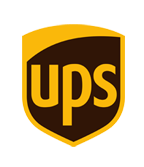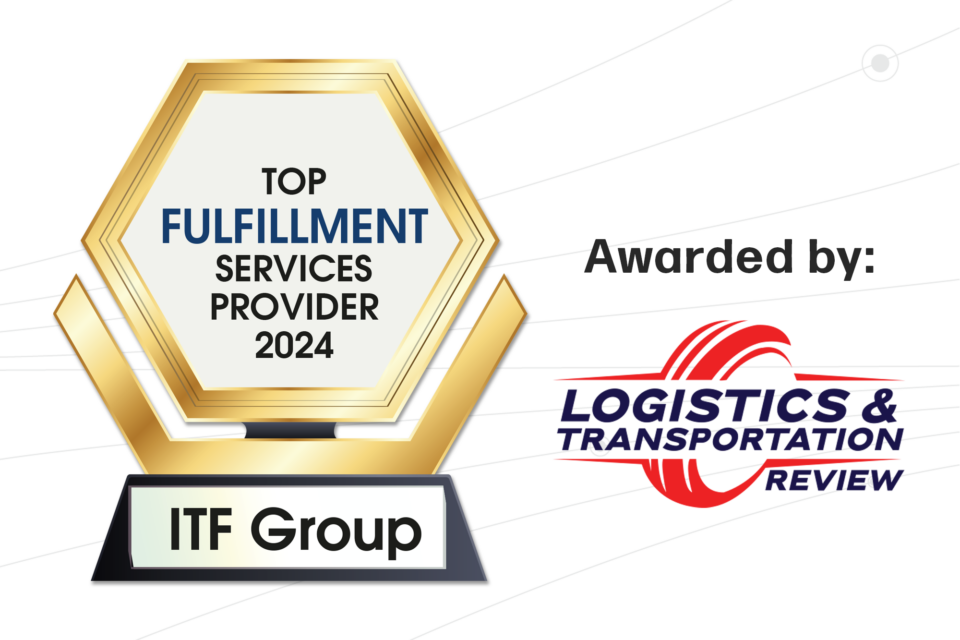Reverse Logistics Reverse Logistics
Reverse logistics is the process of managing and controlling the flow of goods, services, and information from the point of consumption back to the point of origin. This can include activities such as product returns, repairs, recycling, and disposal.
Reverse logistics is the process of managing and controlling the flow of goods, services, and information from the point of consumption back to the point of origin. This can include activities such as product returns, repairs, recycling, and disposal.

Understanding Reverse Logistics
While traditional logistics focuses on getting products from the manufacturer to the consumer, reverse logistics focuses on the opposite direction. This can be important for businesses for several reasons, including reducing waste, maximizing the value of returned products, and meeting regulatory requirements.
How Reverse Logistics Works
The reverse logistics process can vary depending on the type of product or service being returned, but generally involves several steps:
Returns Management
The first step in the reverse logistics process is managing the return of the product. This can include receiving the product, verifying its condition, and determining the reason for the return.
Sorting and Disposition
Once the returned products have been received, they must be sorted and processed. This can include separating the products that can be resold from those that need to be repaired or recycled.
Refurbishment or Repair
Products that can be resold may need to be refurbished or repaired before they can be put back into circulation.
Recycling or Disposal
Products that cannot be resold may need to be recycled or disposed of in an environmentally responsible manner.
Examples of Reverse Logistics by Industry
Here are a few examples of how reverse logistics can work in different industries:
Retail
Many retailers have liberal return policies to encourage customers to make purchases. However, this can result in a significant volume of returns that must be managed through the reverse logistics process. Retailers may need to inspect and sort returned products, refurbish or repair them, and then either resell them or dispose of them in an environmentally responsible manner.
Automotive
The automotive industry is another area where reverse logistics is important. When a car is recalled due to a safety issue, it must be returned to the manufacturer for repairs. This involves managing the return of the car, repairing or replacing the faulty part, and then returning the car to the customer.
Healthcare
In the healthcare industry, reverse logistics can involve managing the return of expired or unused medication or medical supplies. These products must be properly disposed of or recycled to prevent them from causing harm to people or the environment.







Your future starts now.
With ITF Group, you can do more than think about your future – start building it now.



